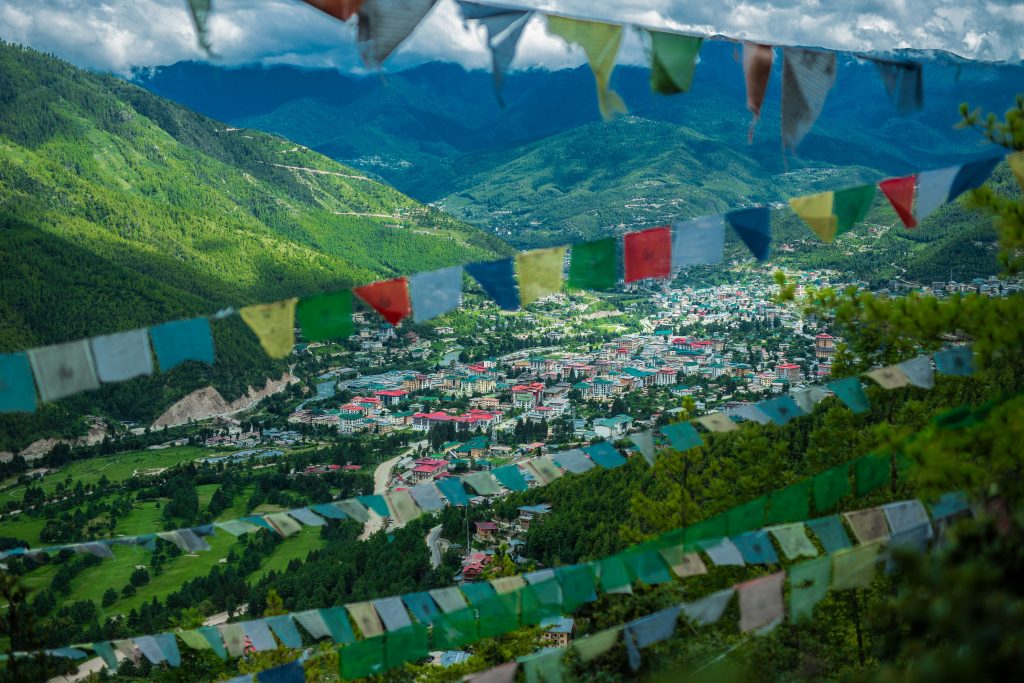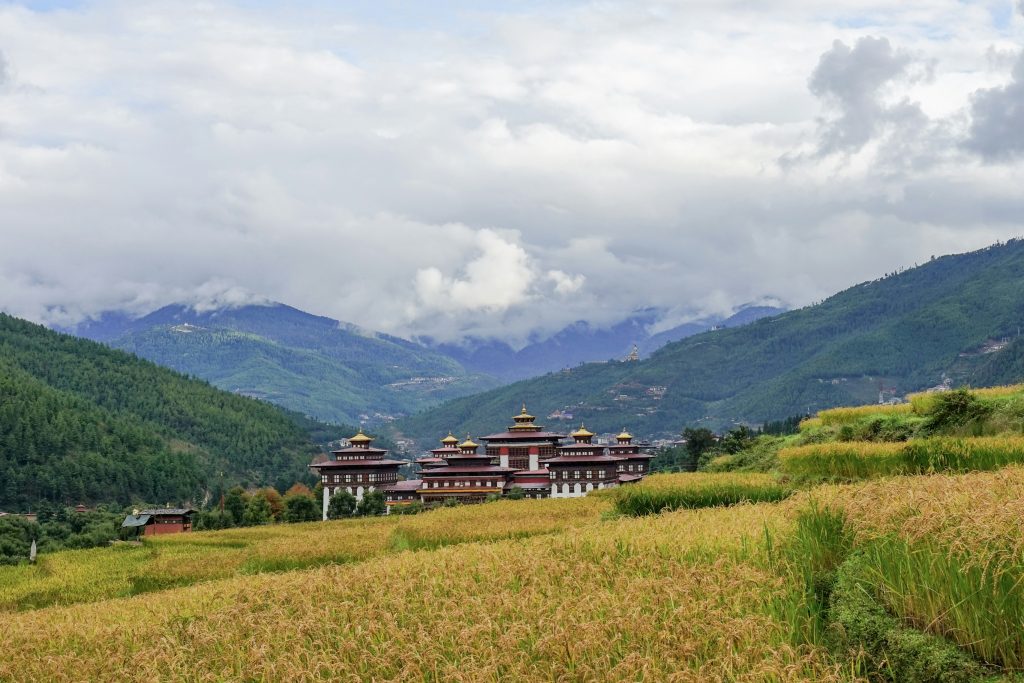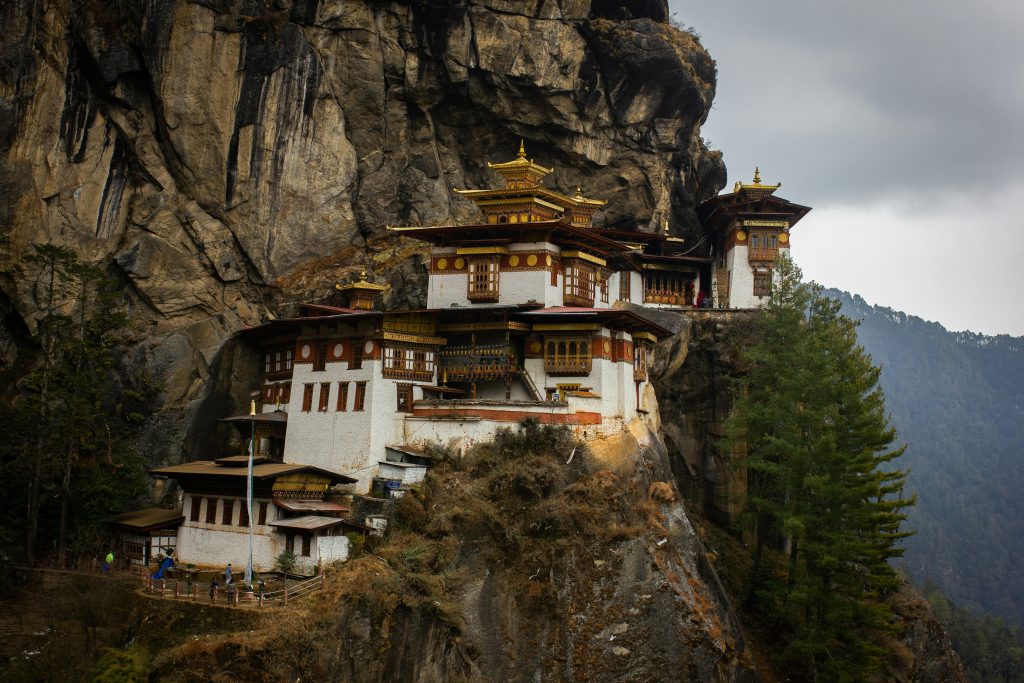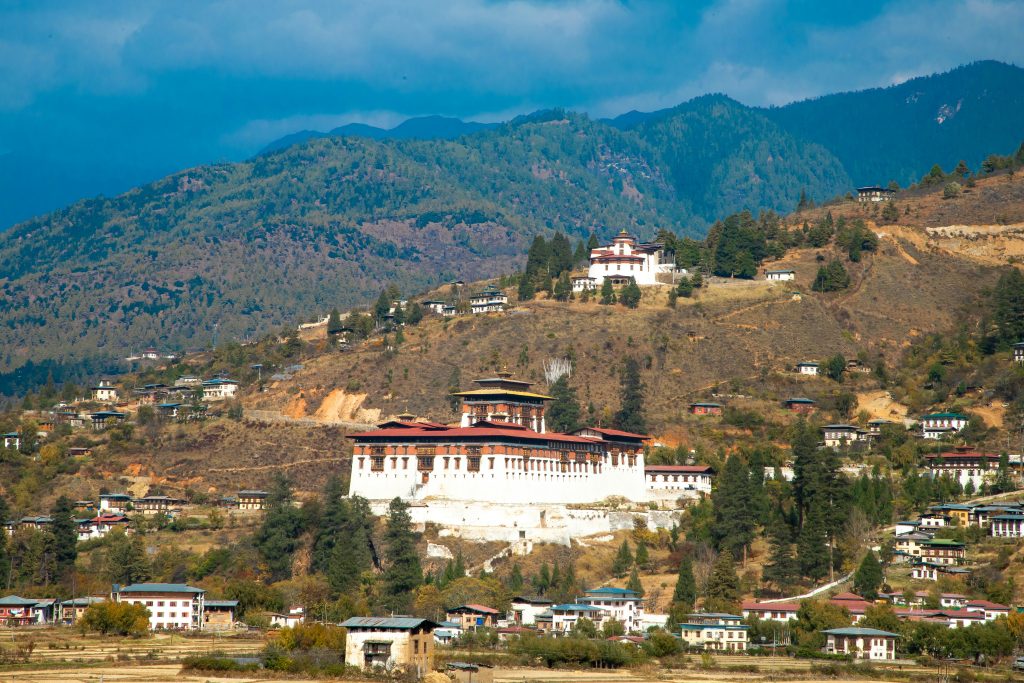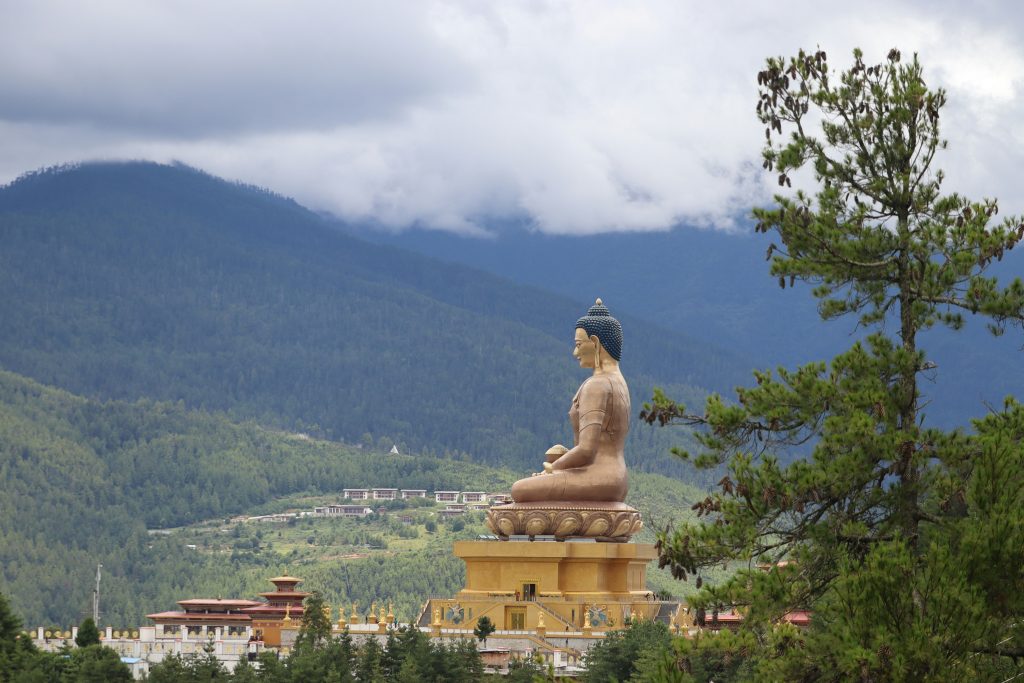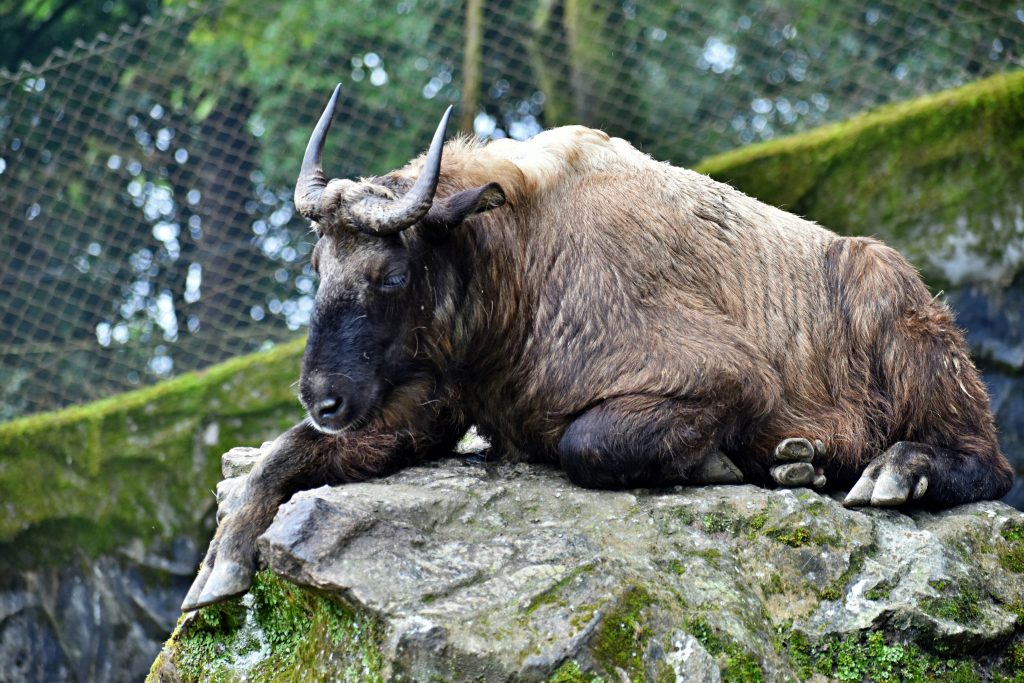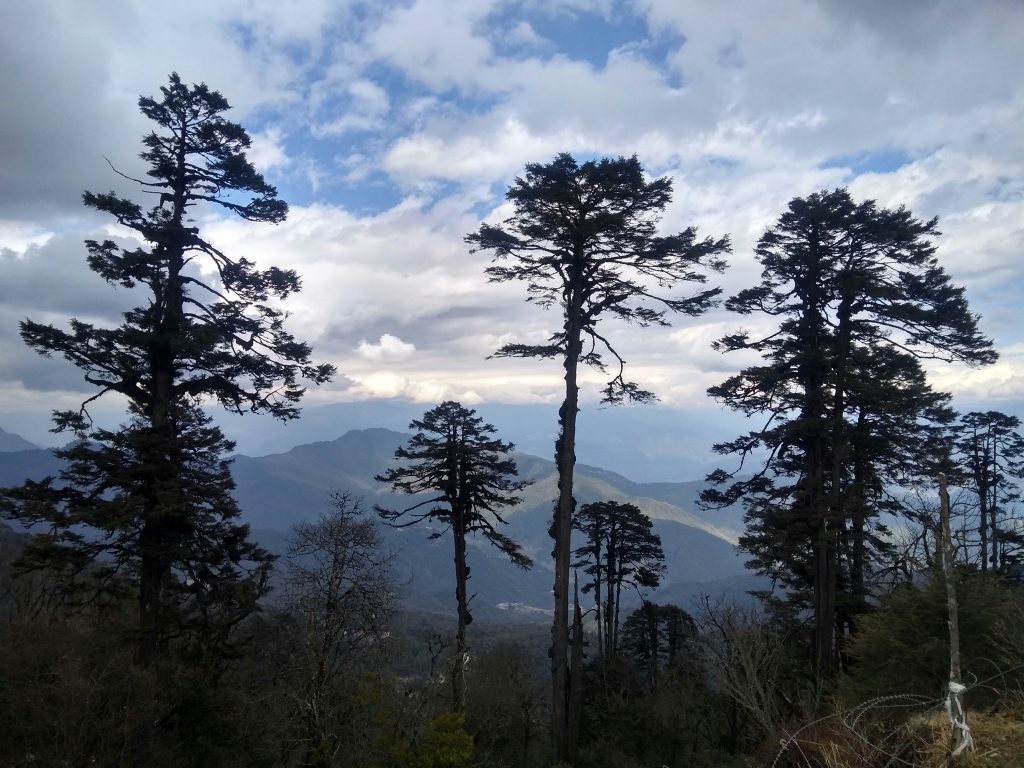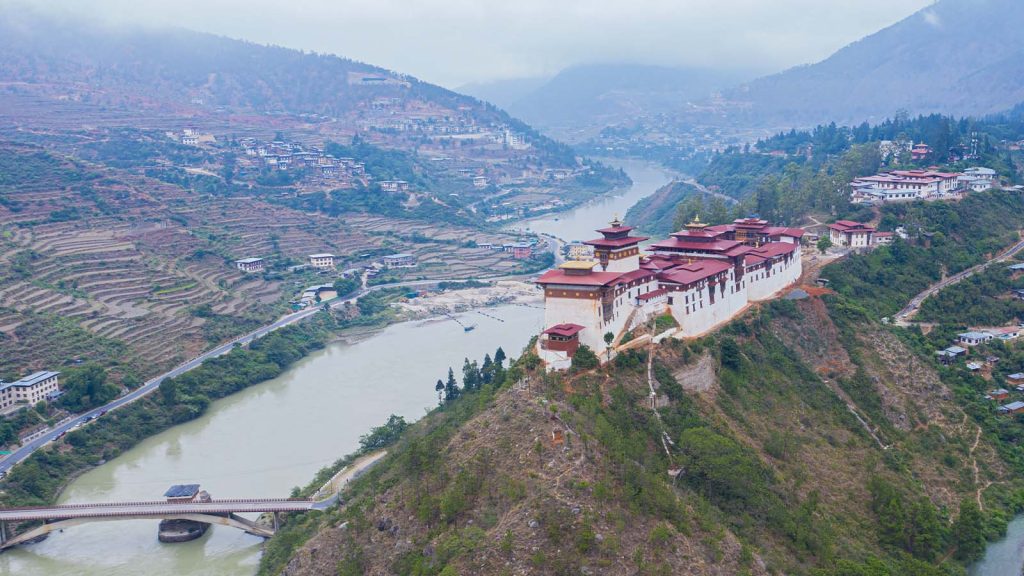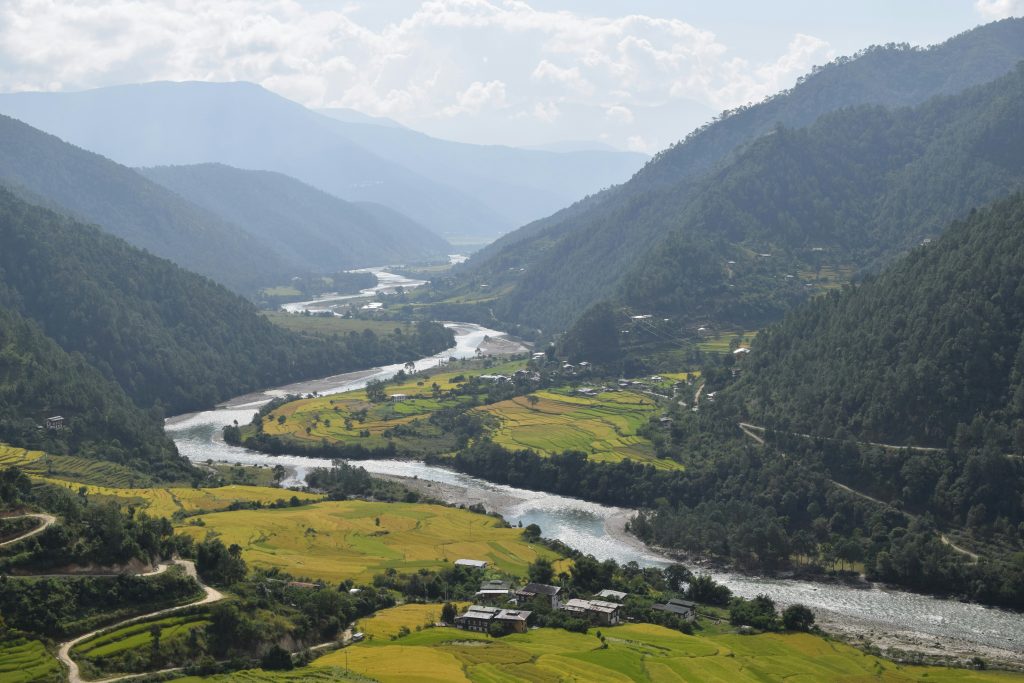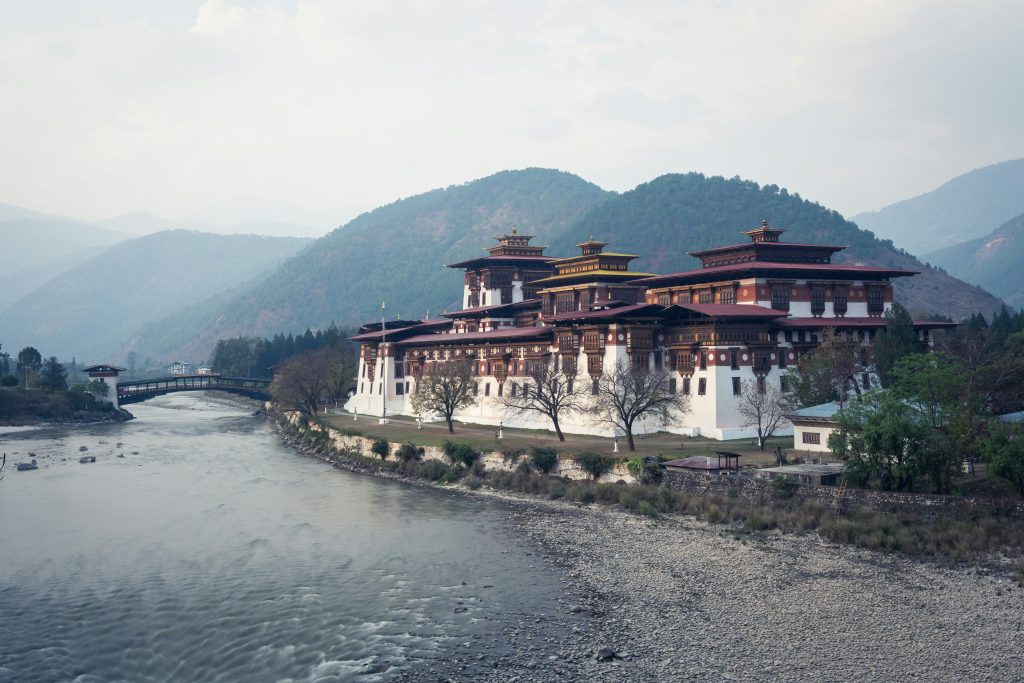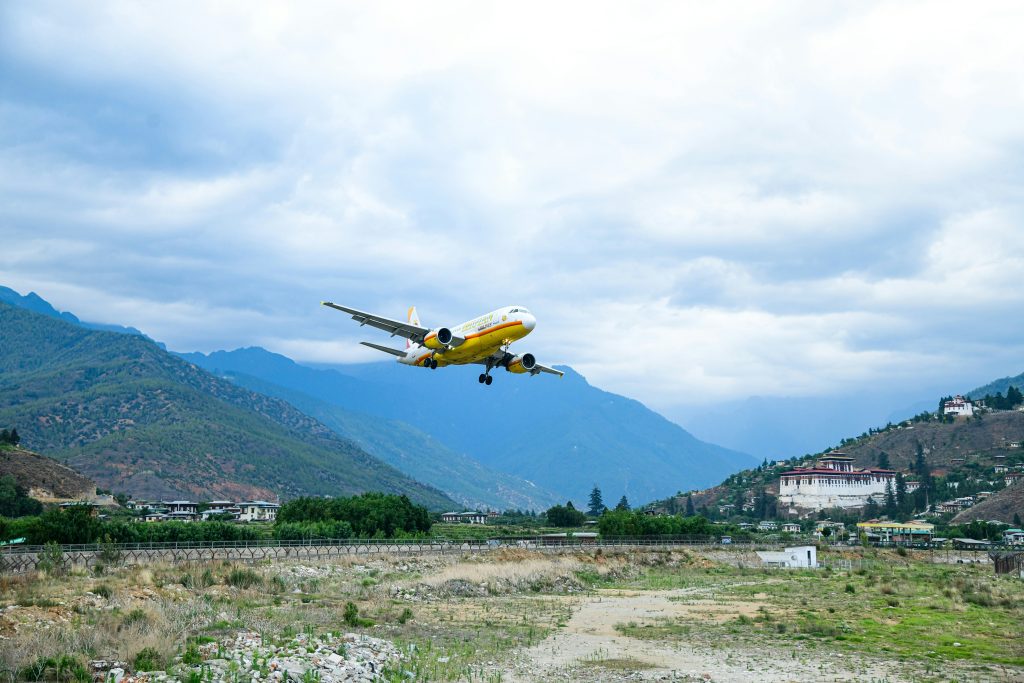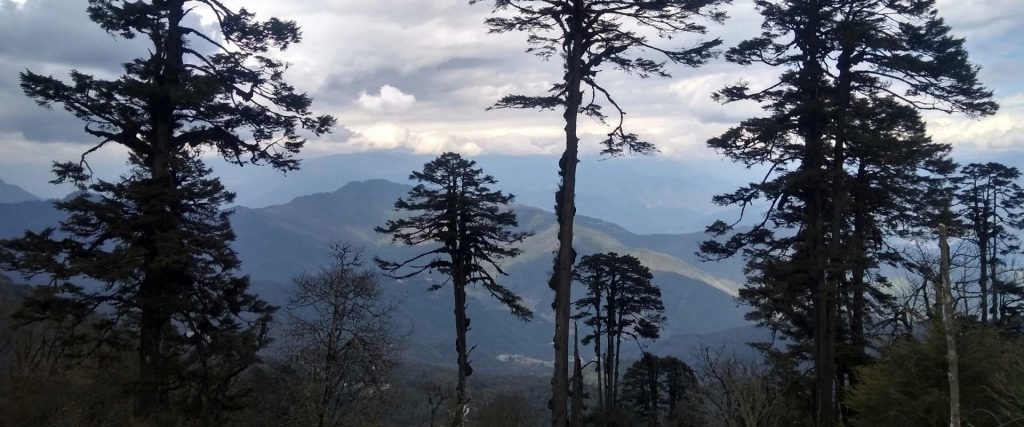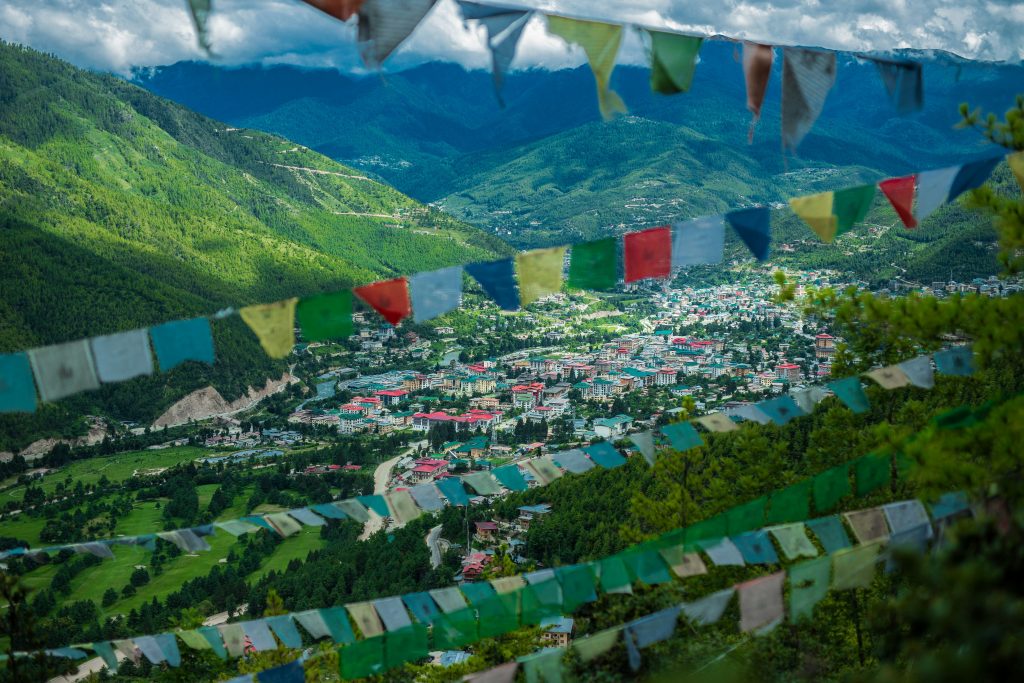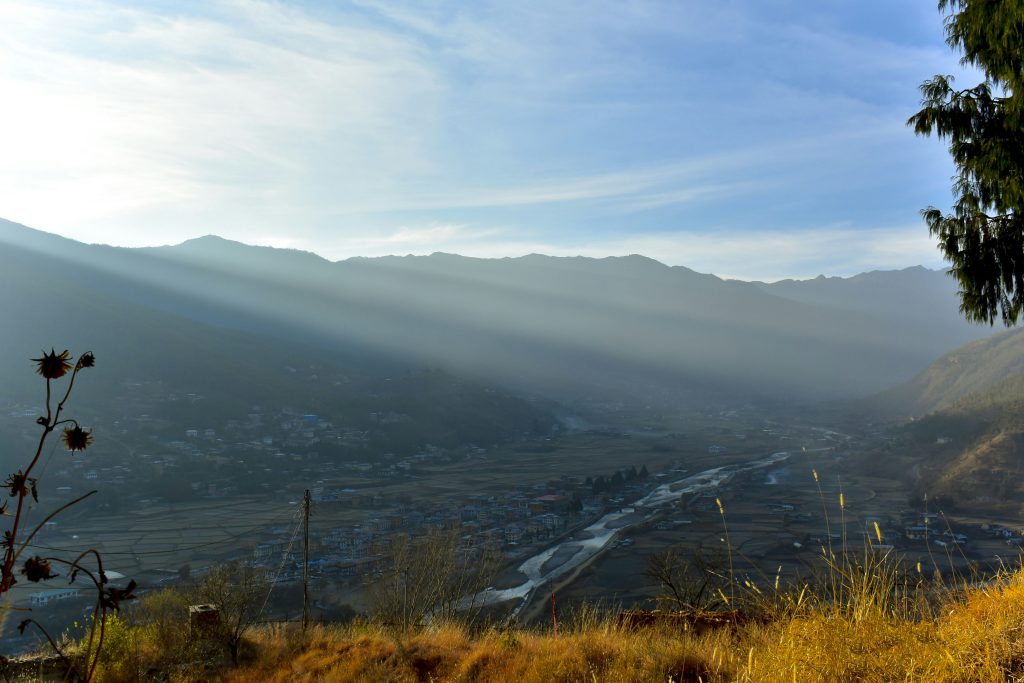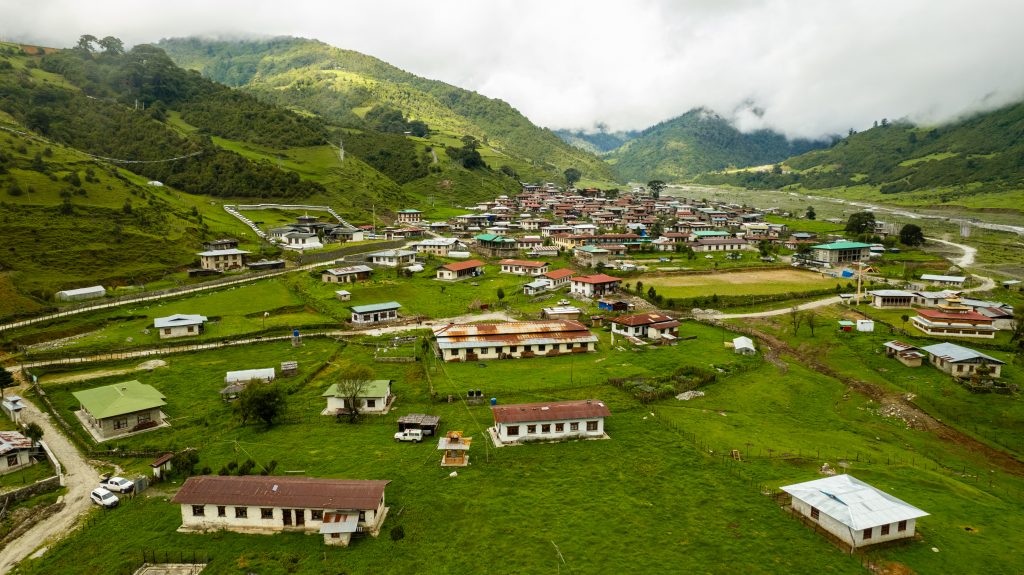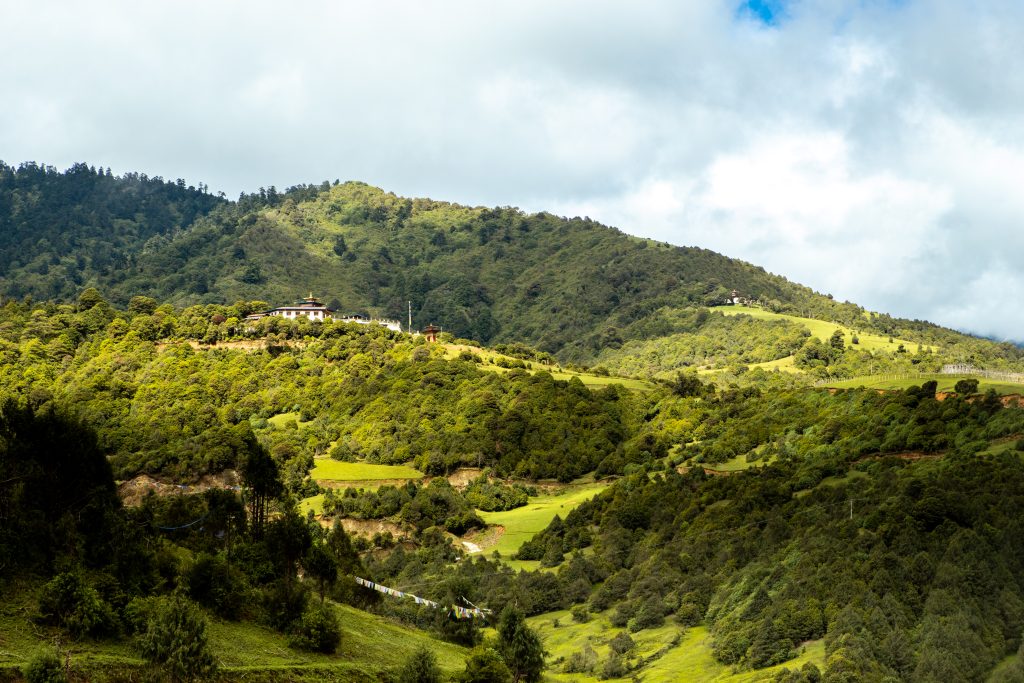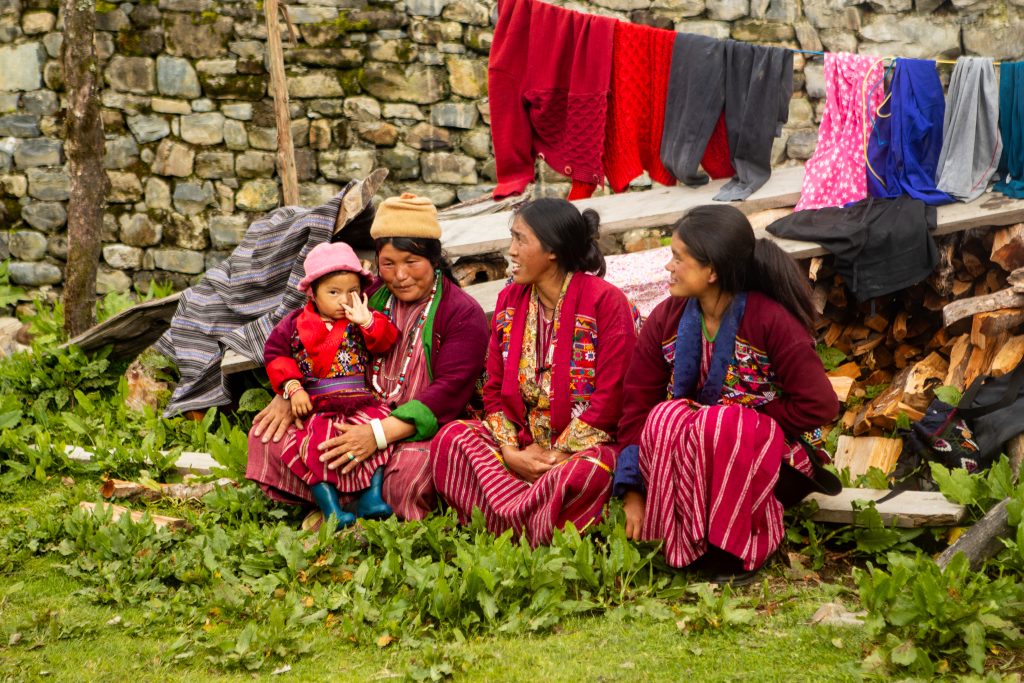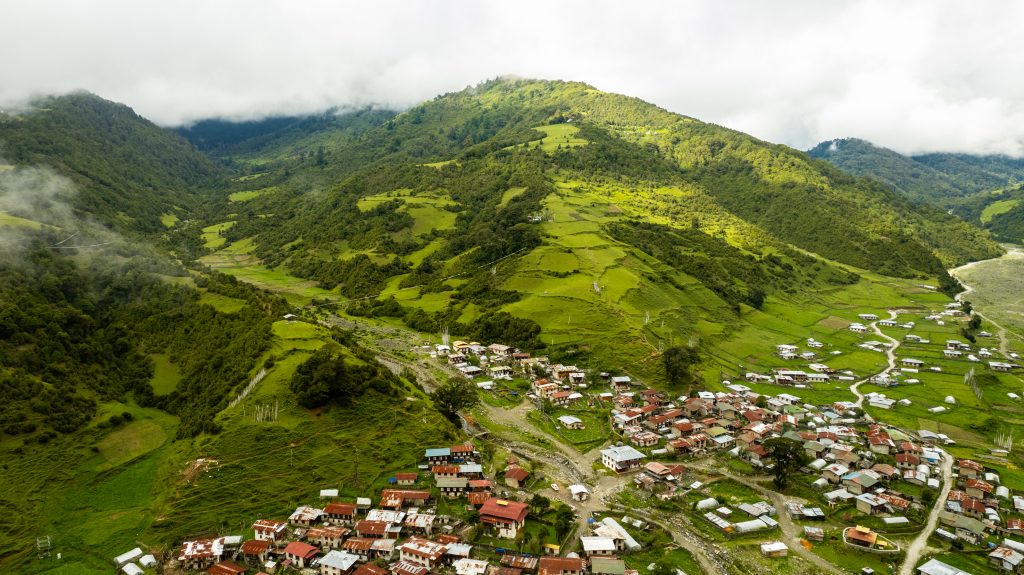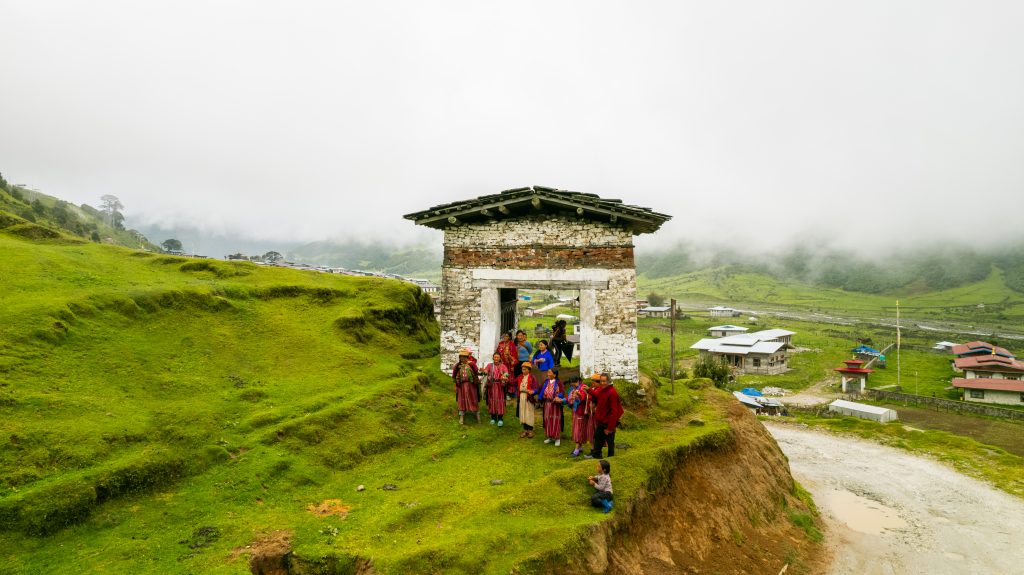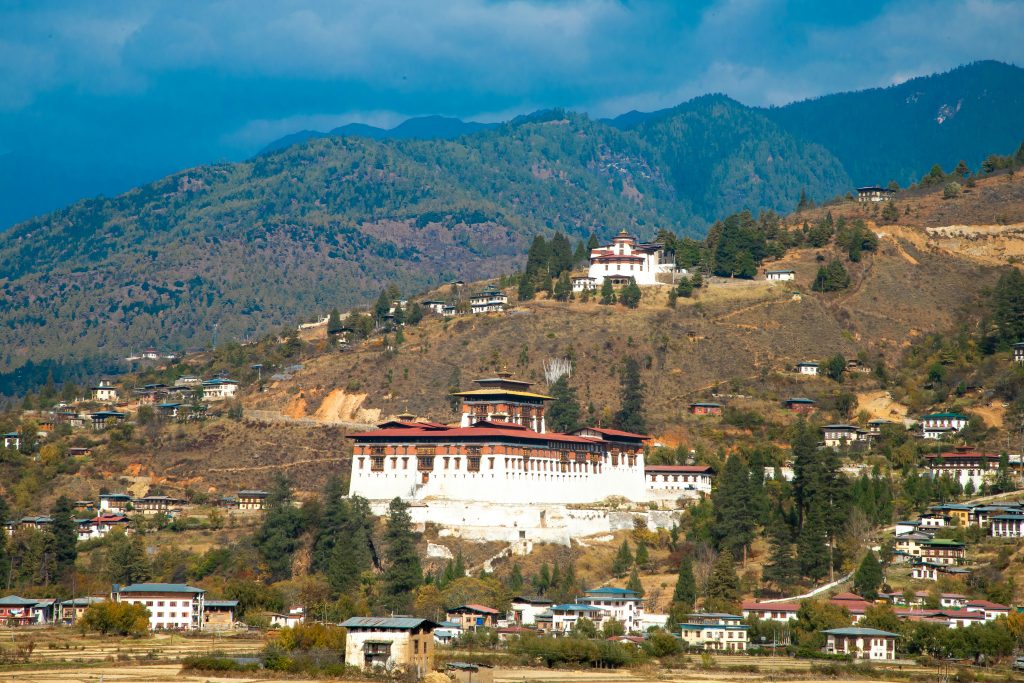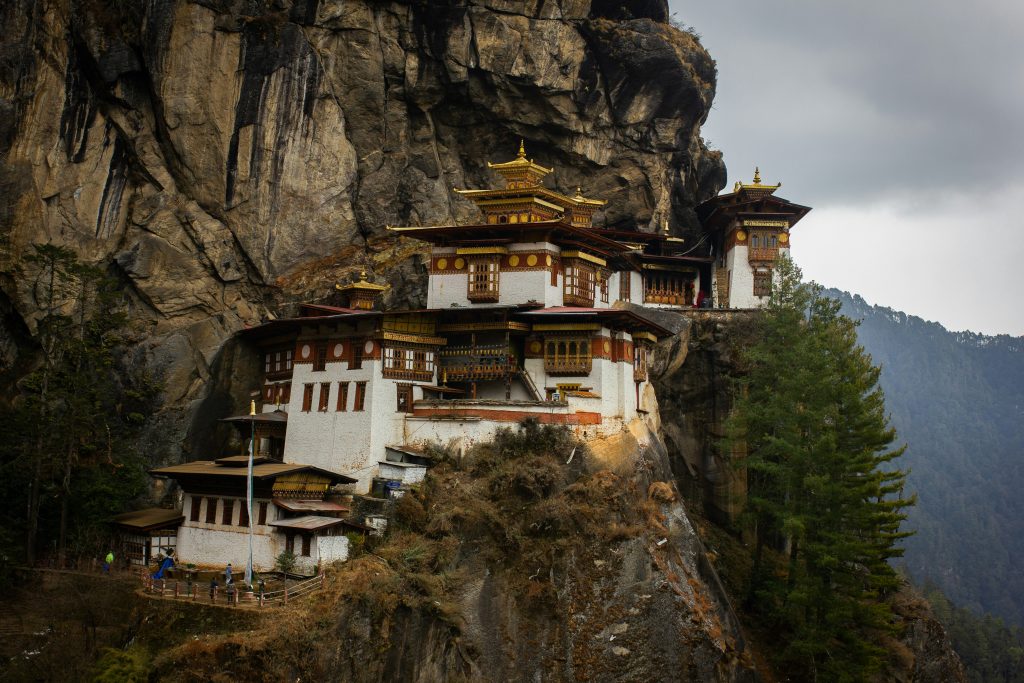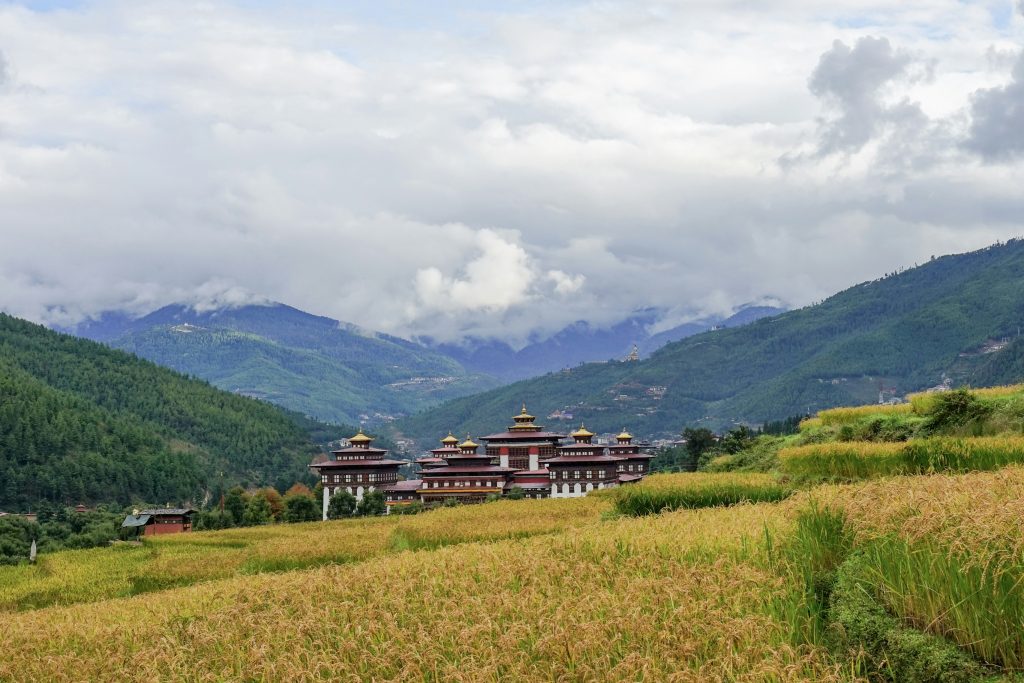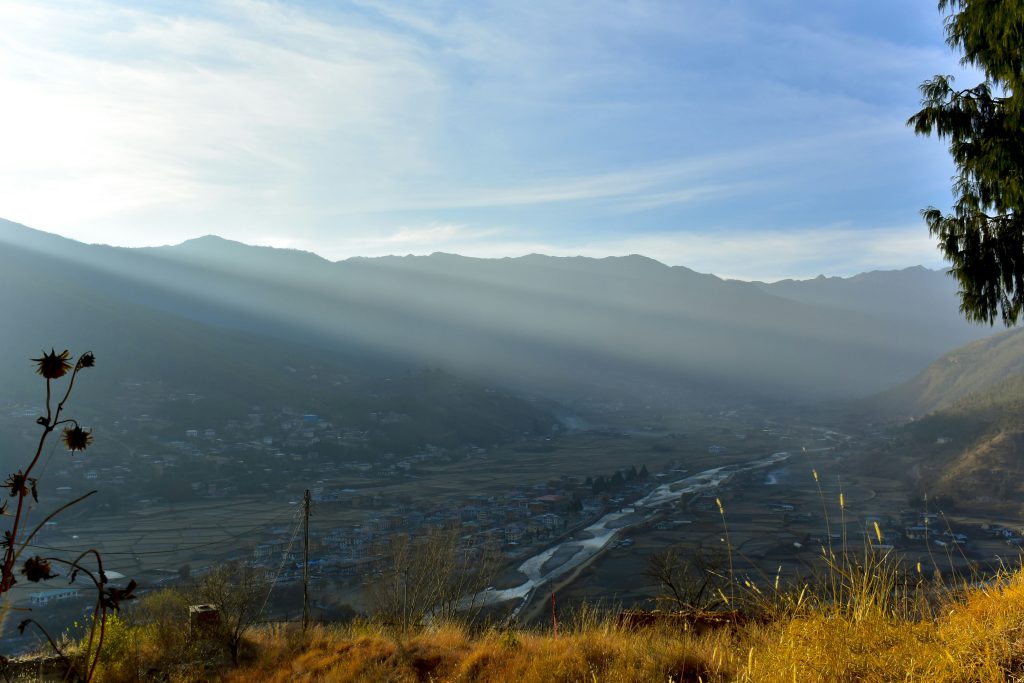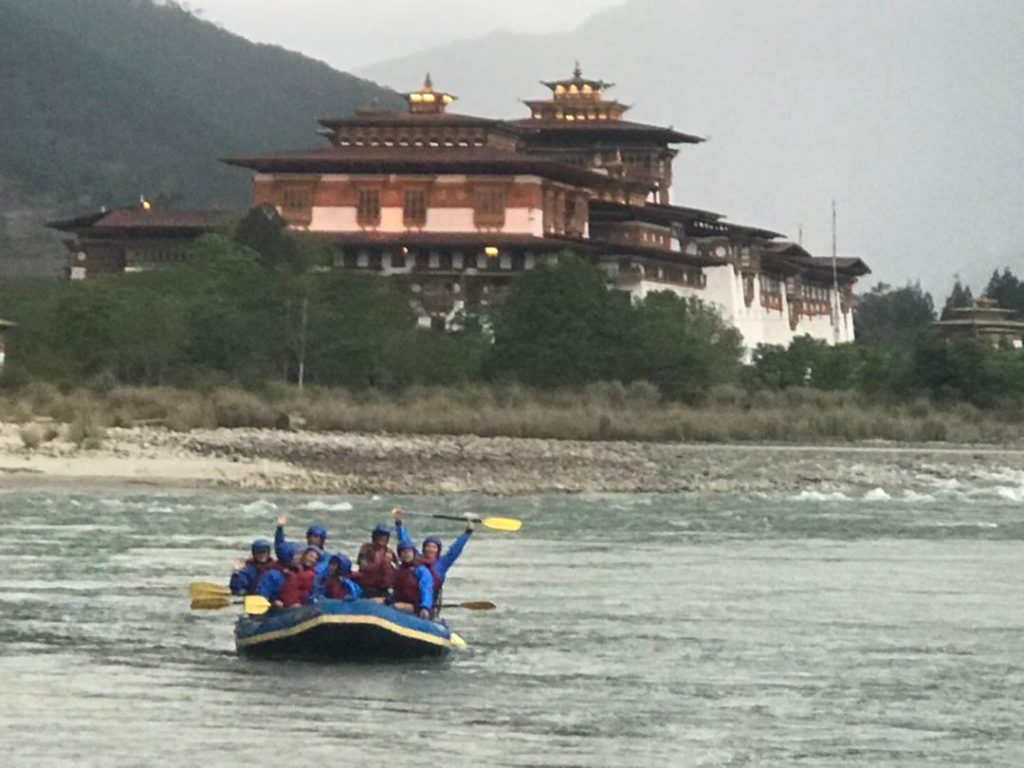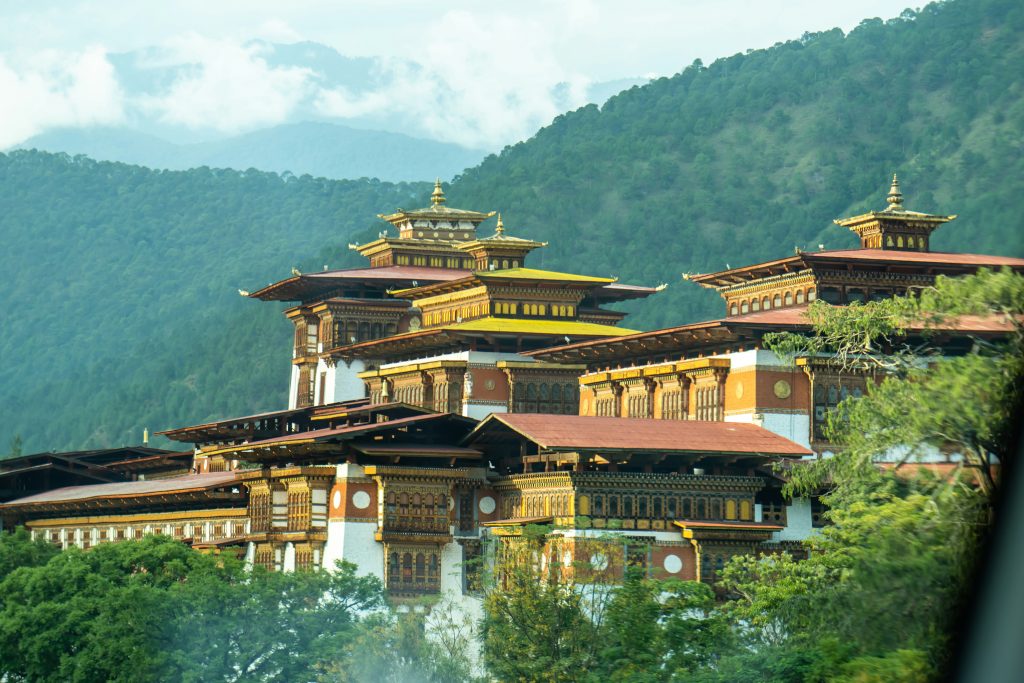Punakha
Punakha, the former royal capital of Bhutan, is a captivating valley renowned for its stunning landscapes and historic sites. Surrounded by lush rice terraces and the majestic Himalayas, it is home to the iconic Punakha Dzong, a magnificent fortress-monastery at the confluence of two rivers. Known for its mild climate and fertile lands, Punakha is a hub of agriculture and tradition. Visitors can enjoy peaceful walks through terraced fields, explore ancient temples, and witness vibrant festivals. With its perfect blend of natural beauty and cultural heritage, Punakha offers a serene escape where history and nature intertwine seamlessly.
Archery
Archery in Bhutan is more than a sport; it’s a cherished cultural tradition deeply woven into the nation’s identity. Celebrated during festivals like Tsechu, it brings communities together in lively competitions filled with cheers, chants, and playful teasing. Bhutanese archery involves bamboo bows and wooden arrows, emphasizing skill, strength, and camaraderie. The sport symbolizes unity, resilience, and national pride, often accompanied by traditional music and dance. Beyond recreation, archery fosters social bonds, preserves cultural heritage, and embodies Bhutan’s spirit of harmony with nature. It remains a vibrant, enduring symbol of Bhutanese life and tradition.
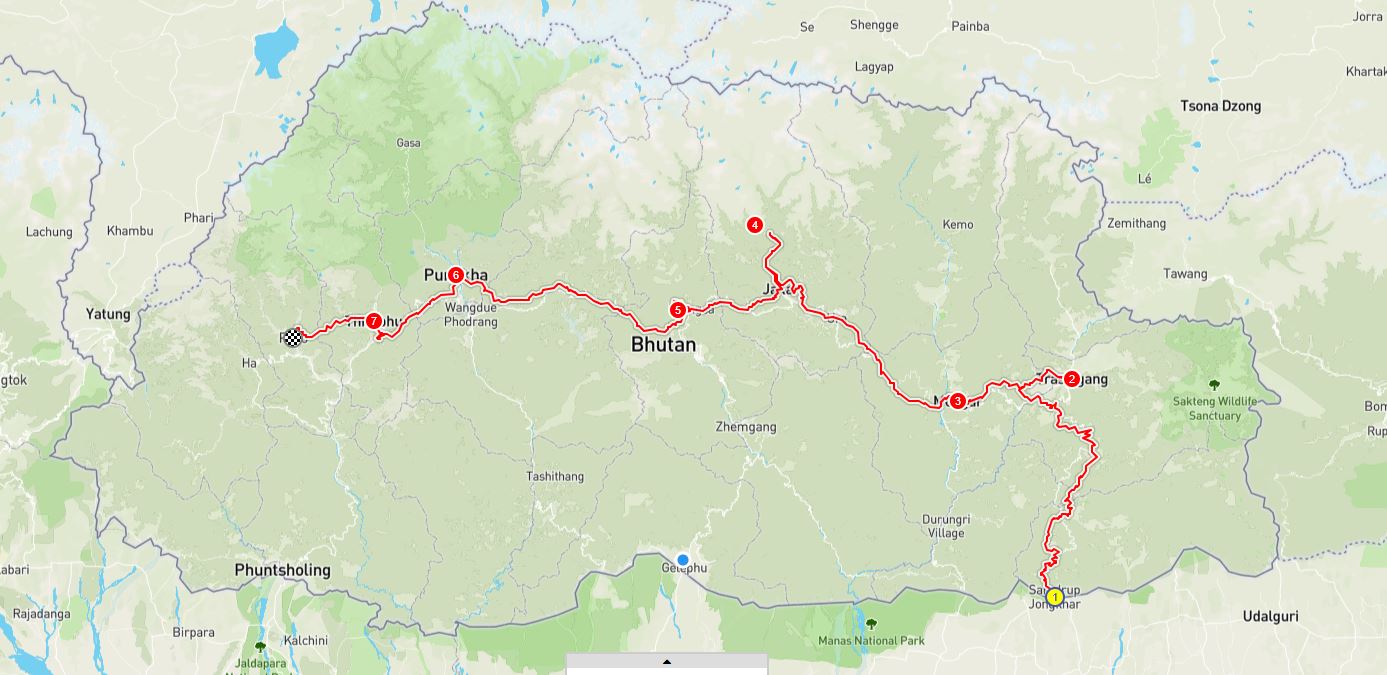
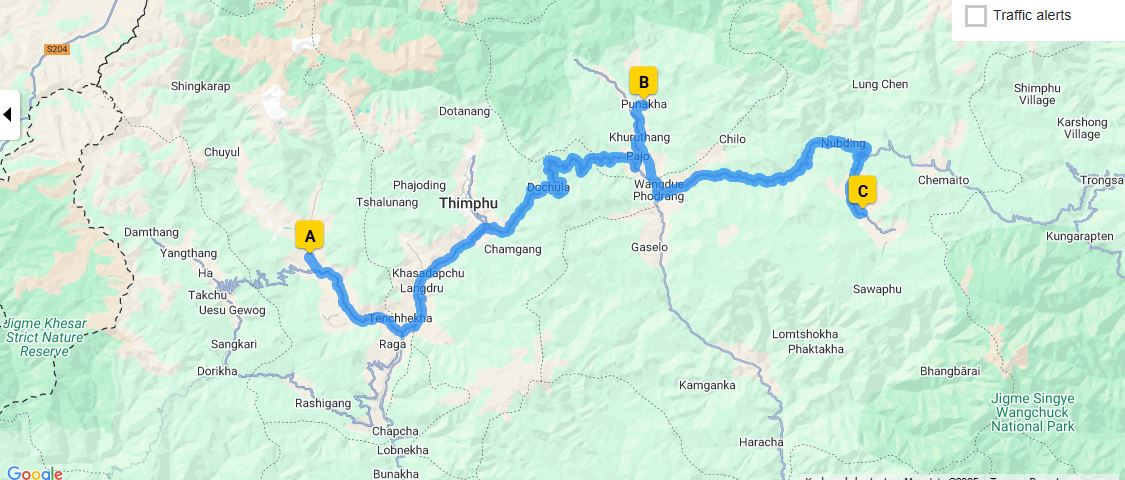

Bird Watching
Bird watching in Bhutan is a captivating experience for nature enthusiasts, offering the chance to observe a diverse array of avian species in their pristine Himalayan habitats. With over 700 recorded bird species, including elusive Himalayan pheasants, colorful kingfishers, and rare vultures, Bhutan is a paradise for bird lovers. The country’s varied landscapes—ranging from subtropical forests and alpine meadows to high-altitude wetlands—provide ideal environments for both resident and migratory birds. Whether in the lush valleys of Paro, the forests of Bumthang, or the wetlands near Phobjikha, bird watching in Bhutan promises an unforgettable encounter with the region’s rich avian biodiversity amid breathtaking scenery.



Farm House Visit
Visiting a farmhouse in Bhutan offers a unique glimpse into the country’s rural life and traditional way of living. Guests are welcomed into warm, family-run farms nestled amidst lush green fields, terraced rice paddies, and picturesque mountain scenery. During the visit, visitors can participate in daily farm activities such as planting, harvesting, or cattle herding, gaining firsthand experience of Bhutanese agricultural practices. They often enjoy authentic home-cooked meals made from fresh, local ingredients and learn about traditional handicrafts or medicinal plants used by local communities. A farmhouse visit provides an enriching cultural immersion, allowing travelers to connect deeply with Bhutan’s peaceful rural lifestyle and natural beauty.



Hiking
Hiking in Bhutan offers a breathtaking journey through pristine Himalayan landscapes, ancient monasteries, and vibrant villages. Surrounded by lush forests, towering peaks, and serene lakes, hikers can immerse themselves in the country’s rich cultural heritage while experiencing the tranquility and beauty of nature. Whether trekking to sacred sites or exploring remote trails, Bhutan’s hikes provide a perfect blend of adventure, spirituality, and natural wonder.



Meditation
Meditation in Bhutan is a profound spiritual practice rooted in Buddhism, central to the country’s cultural and religious identity. Monks and laypeople alike engage in meditation to cultivate mindfulness, compassion, and spiritual growth. Monasteries and sacred sites, such as Paro Taktsang, serve as peaceful retreats for contemplation and prayer. The practice often involves mantra recitation, breath awareness, and visualization techniques, helping individuals find inner peace amid Bhutan’s stunning natural landscapes. Meditation also plays a vital role in promoting mental well-being and harmony within communities. In Bhutan, it’s not just a spiritual discipline but a way of life that embodies the nation’s pursuit of happiness and spiritual fulfillment.



Mineral Hotstone Bath
In Bhutan, the mineral hot stone bath is a cherished traditional healing practice deeply embedded in the country’s culture of wellness and natural remedies. This ancient therapy involves heating smooth, flat stones in natural mineral-rich hot springs, then placing them in a wooden tub filled with warm water infused with medicinal herbs. The stones release minerals and heat, which help relax muscles, improve blood circulation, and promote overall detoxification. Often enjoyed in remote mountain villages or at dedicated hot springs resorts, these baths are believed to have therapeutic properties that soothe ailments like arthritis, skin conditions, and stress. Visitors and locals alike cherish the experience as a holistic approach to health, connecting them with Bhutan’s natural environment and centuries-old healing traditions.



Rafting & Kayaking
Rafting and kayaking in Bhutan offer adventurous ways to explore its pristine rivers and rugged landscapes. The country’s mighty rivers, like the Pho Chhu, Mo Chhu, and Wang Chhu, provide thrilling white-water experiences suitable for all skill levels. Paddlers navigate through exhilarating rapids, lush gorges, and scenic valleys, witnessing Bhutan’s breathtaking natural beauty along the way. Popular routes include the Upper Pho Chhu and Mo Chhu, where adventurers encounter both adrenaline-pumping challenges and tranquil stretches of water. Beyond the thrill, rafting and kayaking promote eco-tourism, connecting travelers with Bhutan’s unspoiled environment while supporting sustainable development.



Spiritual Practice
Bhutan, often called the “Land of the Thunder Dragon,” is deeply rooted in spiritual traditions, primarily driven by Vajrayana Buddhism. Spiritual practice in Bhutan encompasses a wide array of rituals, meditation, and community activities that aim to cultivate inner peace, compassion, and spiritual awakening.



